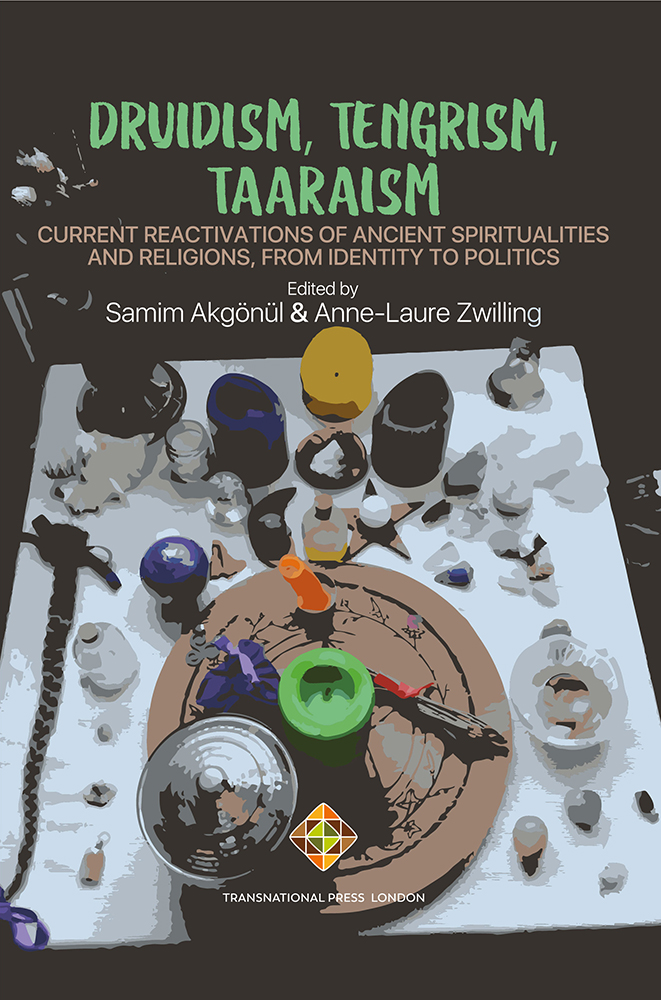A Pagan Eco-fascism? The Ecological Thinking of Aleksey ‘Dobroslav’ Dobrovolsky
A Pagan Eco-fascism? The Ecological Thinking of Aleksey ‘Dobroslav’ Dobrovolsky
Author(s): Adrien Nonjon
Subject(s): Anthropology, History of ideas, Theology and Religion, Environmental interactions, Transformation Period (1990 - 2010), History of Communism, Post-Communist Transformation
Published by: Transnational Press London
Keywords: Pagan; Eco-fascism; Ecological; Dobrovolsky; Druidism; Tengrism; Reactivations; Ancie; Spiritualities; Religions; Identity; Politics; Taaraism;
Summary/Abstract: Established on a set of scientific and utopian principles reflecting the long path of master ideas of the 18th and 19th centuries such as Romanticism, ecology is the embodiment of an ideal that seeks to put nature back at the forefront of history and societies instead of dismissing it. Instead of an “inauthentic life” in which man has lost his own freedom due to the tragic and alienating grasp of modern civilisation and its hypocritical social conventions, nature is meant to be salvation. Millennial and immaculate, it would also constitute a base of absolute values and references for societies in search of meaning. While some idealists, like Henry Thoreau (1817–1862), have found in the oneiric and metaphysical contemplation of wide open spaces an escape from the “evil of the century”, others have taken refuge in a much more political and religious radical reading.
- Page Range: 19-38
- Page Count: 20
- Publication Year: 2024
- Language: English
- Content File-PDF

